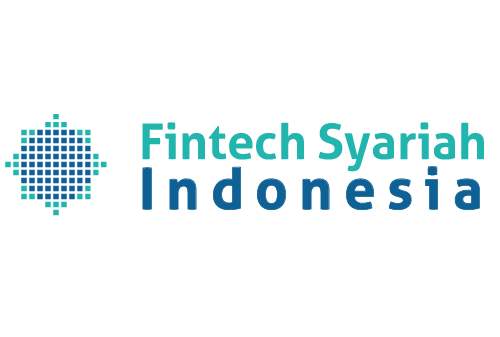Implikasi Infak, Sedekah, dan Wakaf terhadap Perekonomian
Abstract
This research entitled “ISWAF Implications For The Economy” aims to analyze the benefits of infaq, sadaqah, and waqf Indonesia’s economic development. This research uses descriptive method and uses secondary data derived from journal literature related to the research title. The result of this study indicate that ISWAF has enormous potential for the development of the Indonesia’s economy.References
Abidah. (2016). Pro Jurnal ilmu muamalah Vol 1 No. 3: 01-10.
Al Muhaimin, R., & Ayuniyyah, Q. (2022). Potensi Zakat, Infak, Sedekah, dan Wakaf Dalam Anggaran Pendapatan dan Belanja Negara. Diversity: Jurnal Ilmiah Pascasarjana, 2(1).
Badan Pusat Statistik (2018). https://www.bps.go.id
Canggih, C., Fikriyah, K., & Yasin, A. (2017). Potensi dan realisasi dana zakat indonesia. Al-Uqud: Journal of Islamic Economics, 1(1), 14-26.
Fauzan, E. M. (2019). ZAKAT, INFAQ, DAN SHODAQOH SEBAGAI SUMBER PENERIMAAN NEGARA (Analisis Yuridis Menurut Perspektif Hukum Islam dan Hukum Keuangan Negara). Arena Hukum, 12(3), 524-540.
Jasafat, J. (2017). MANAJEMEN PENGELOLAAN ZAKAT, INFAQ DAN SEDEKAH PADA BAITUL MAL ACEH BESAR. Jurnal Al-Ijtimaiyyah, 3(2).
Perdi, P.F.R., & Stianto, A. (2020). Potensi Wakaf Di Indonesia (Kontribusi Wakaf Dalam Mengurangi Kemiskinan). Malia: Jurnal Ekonomi Islam, 12(1), 79-94.
Priono, H. (2018). Strategi Pengumpulan Zakat, Infak dan Sedekah pada Badan Amil Zakat Nasional (BAZNAS) Kabupaten Banyumas. Skripsi. Fakultas Ekonomi Bisnis Islam. IAIN Purwokweto.
Purwaningsih, S., & Susilowati, D. (2020). Peran Wakaf Dalam Meningkatkan Pemberdayaan Ekonomi Umat. Jurnal Ekonomi, Bisnis, dan Akuntansi, 22(2), 191-203.
Republika (2019). https://m.republika.co.id
Tho'in, M., & Andrian, R. Y. (2021). Strategi Peningkatan Pengumpulan Zakat, Infak dan Sedekah Pada Lembaga Amil Zakat Al-Ihsan Jawa Tengah. Jurnal Ilmiah Ekonomi Islam, 7(3), 1689-1695.
Downloads
Published
How to Cite
Issue
Section
License
Authors who publish with this journal agree to the following terms:
- Authors retain copyright and grant the journal right of first publication with the work simultaneously licensed under a Creative Commons Attribution 4.0 International License that allows others to share the work with an acknowledgment of the work's authorship and initial publication in this journal.
- Authors can enter into separate, additional contractual arrangements for the non-exclusive distribution of the journal's published version of the work (e.g., post it to an institutional repository or publish it in a book), with an acknowledgment of its initial publication in this journal.
- Authors are permitted and encouraged to post their work online (e.g., in institutional repositories or on their website) before and during the submission process, as it can lead to productive exchanges, as well as earlier and greater citation of published work.

This work is licensed under a Creative Commons Attribution 4.0 International License.











